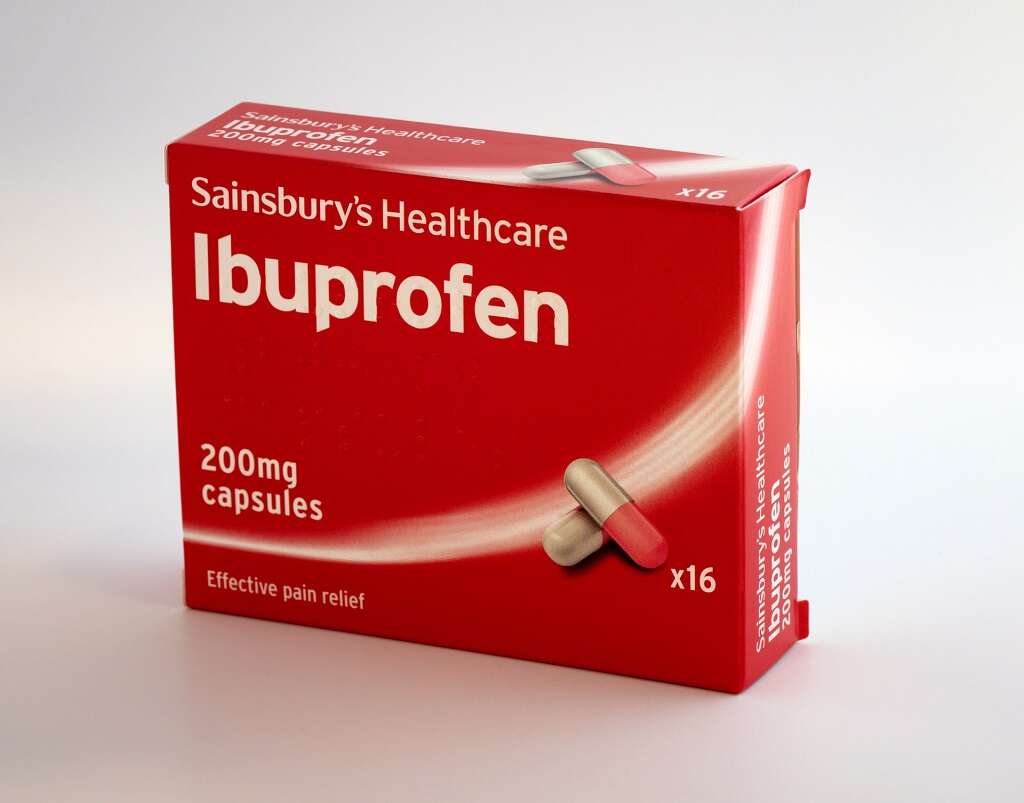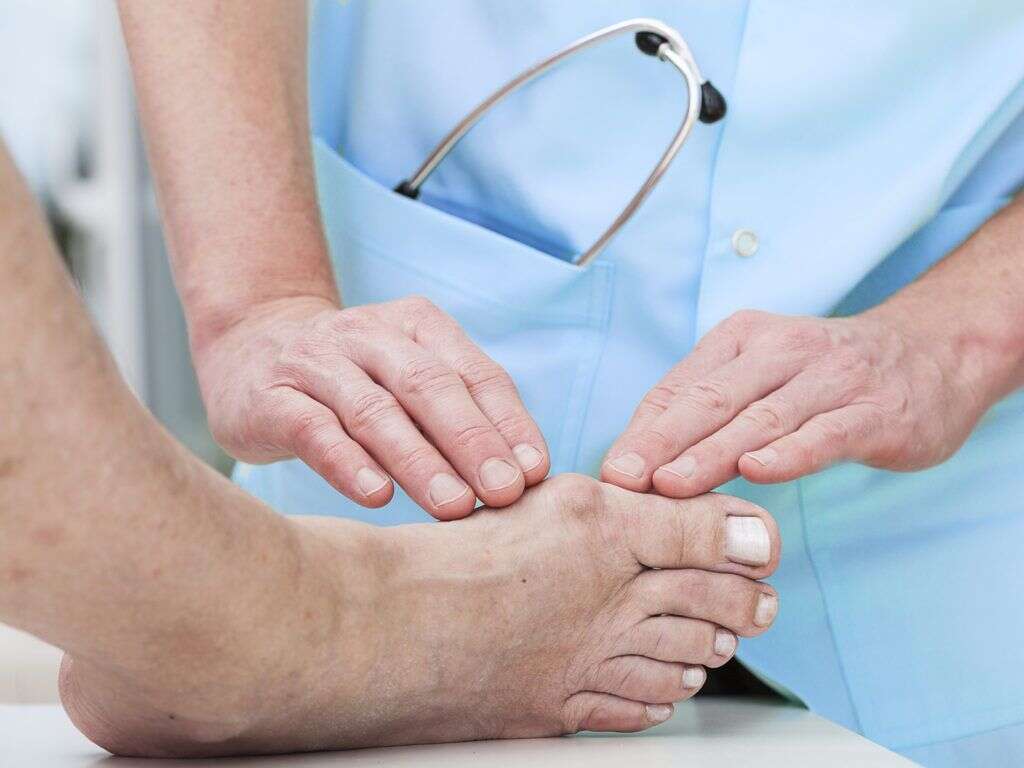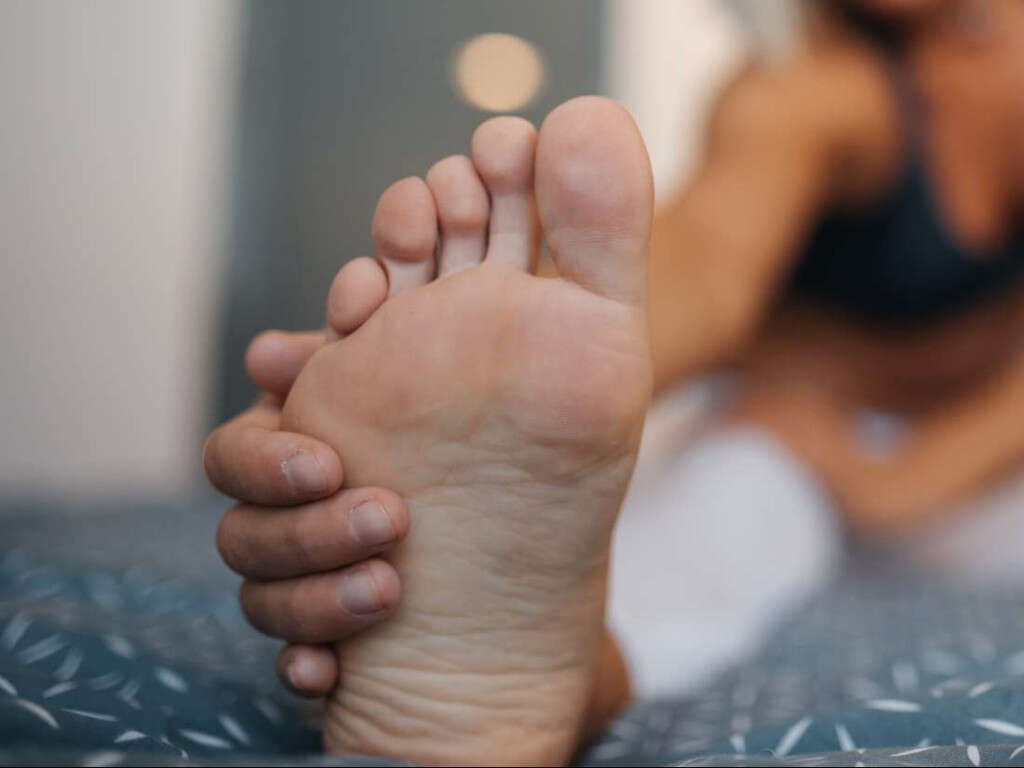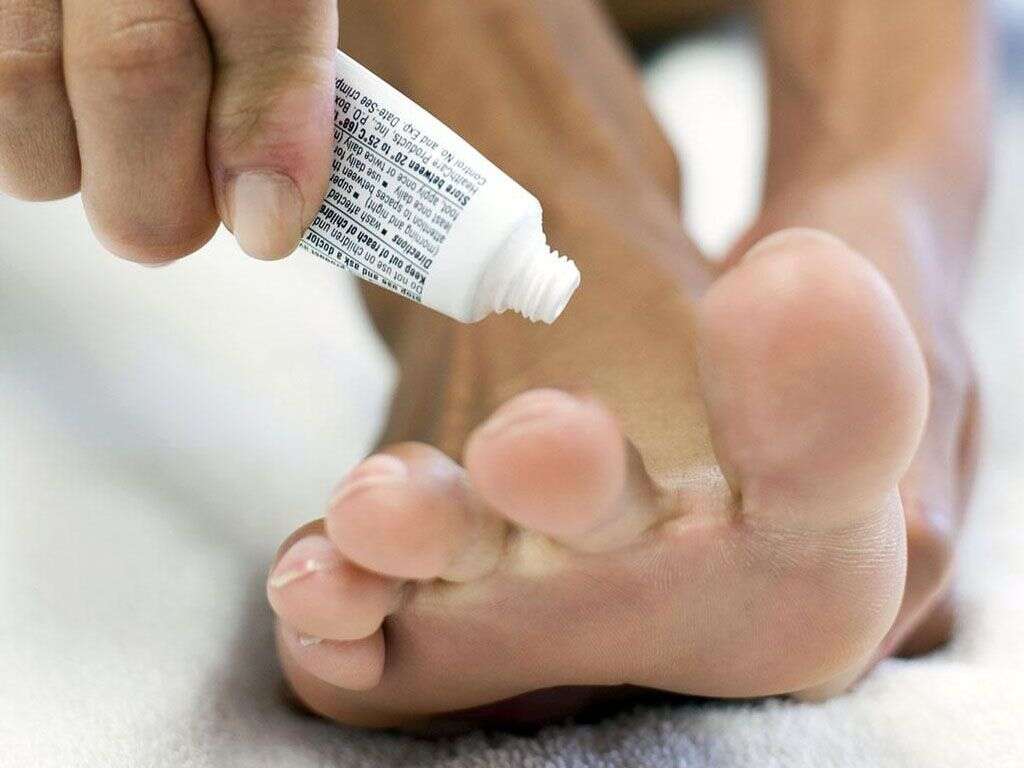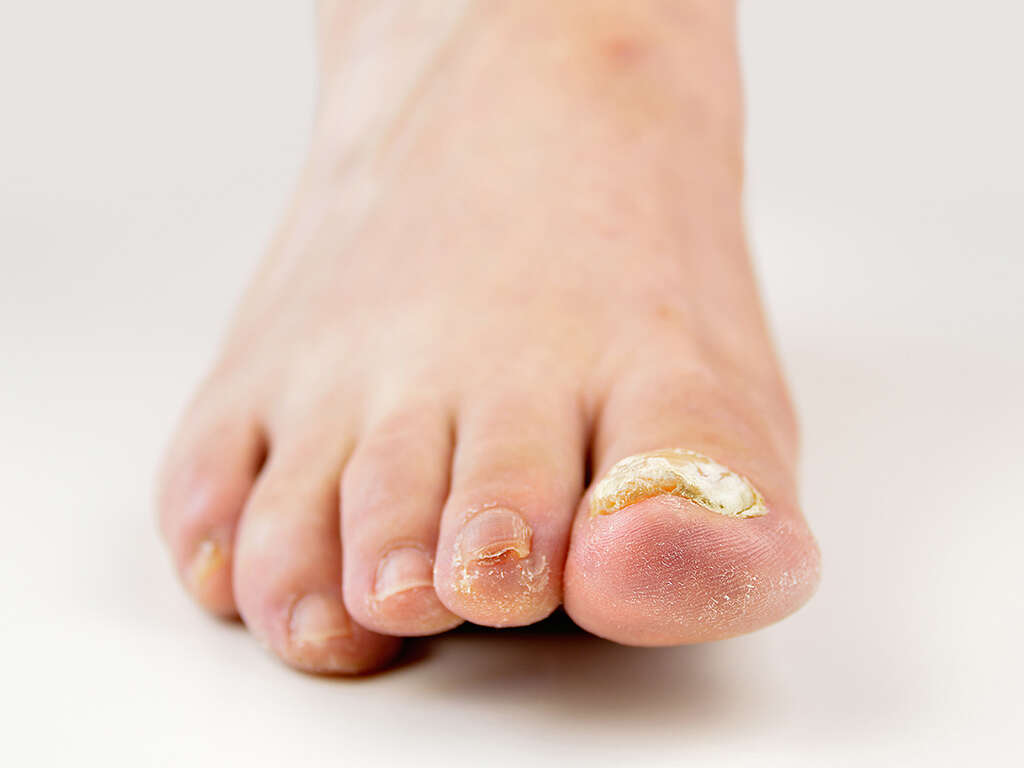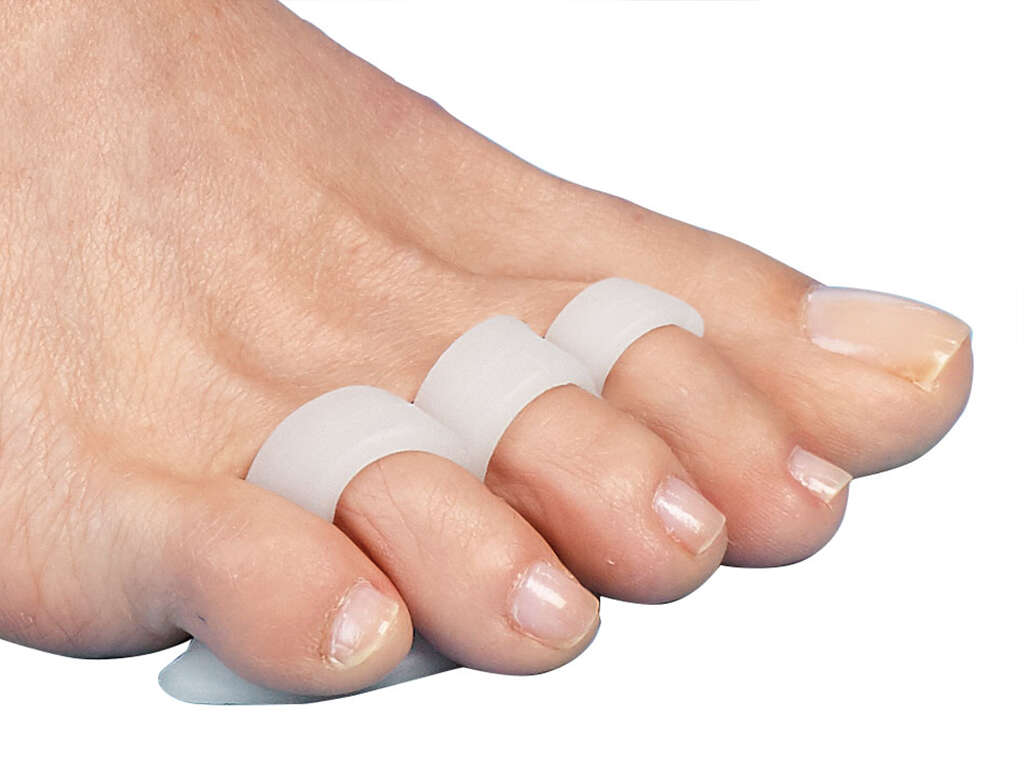10 Hammer Toe Symptoms
Hammertoe is a foot deformity caused by an imbalance in the foot muscles that usually hold the toe straight. This imbalance puts pressure on the toe joint and causes the second, third or fourth toe to become deformed. Hammertoe commonly arises in people who wear ill-fitting unsupportive shoes or high heels.
Over time, hammertoe can get progressively worse. If tended to quickly, hammertoe can be easily managed. However, if the condition is not dealt with promptly, the joint may become fixed in a bent shape and might require surgery to straighten.1’Hammer Toe.’ OrthoInfo, orthoinfo.aaos.org/en/diseases–conditions/hammer-toe
Abnormally Bent Toe
The most visible symptom of hammertoe is the abnormal bend in the joints of the second, third or fourth toe, causing the toe to curl under the foot. While the end of the toe is bent downward, the middle joint sticks upward. As the name suggests, the condition causes the toe to resemble a hammer.
Hammertoe is sometimes described as featuring claw-like toes or a toe that's bent in a Z-shaped position. Although hammertoe can affect any of the second, third or fourth toes, the second toe is usually affected.2’Hammertoes: Causes, Relief & Treatment.’ Cleveland Clinic, my.clevelandclinic.org/health/diseases/17038-hammertoes

Toe Joint Rigidity
One of the hallmarks of hammertoe is rigidity in the toe joint. People frequently complain that they cannot wiggle or straighten their toes.
In the beginning stages of hammertoe, the affected toe is flexible and easily straightened. However, as the condition progresses, flexible toes become more rigid and painful to straighten. Eventually, the affected toe may become so stiff that surgical intervention might be the only way to correct it.

Toe Pain
People with hammertoes usually complain about pain in their toes. Moving a toe joint affected by hammertoe can be difficult or painful. Shoes can also cause discomfort on the top of the bent toe, as rubbing an affected toe against the inside of a shoe can cause irritation.
Pain associated with hammertoe can sometimes be relieved by gently stretching the toes. Anti-inflammatory drugs, such as ibuprofen, may also help reduce pain.3’Hammertoe.’ Foot Health Facts, www.foothealthfacts.org/conditions/hammertoe
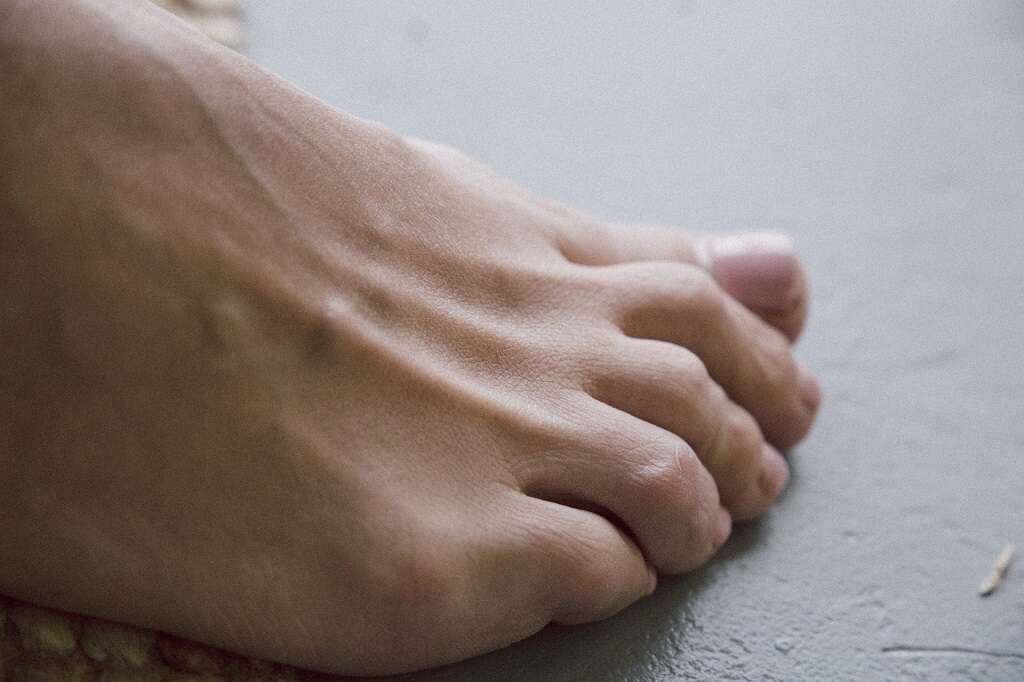
Foot Pain
Hammertoe can also cause pain on the ball of the foot under the affected toe, especially when wearing shoes. This discomfort can affect walking and lead to further muscle imbalances, which may aggravate the condition.
Foot pain can be managed by over-the-counter medicines, such as ibuprofen and acetaminophen. However, because hammertoe is a progressive condition, people experiencing this symptom should address the underlying cause to prevent further aggravation in the future.

Corns and Calluses
When the affected toe rubs against the inside of a shoe, it can lead to corns and calluses. They can form on the top of the middle joint, between two toes or on the ball of the foot. Depending on their location, corns and calluses can be either hard or soft.
These symptoms can become painful and aggravate the hammertoe. Footpads can help prevent corns and calluses from rubbing against shoes. Particularly painful corns may need to be surgically removed by a doctor.
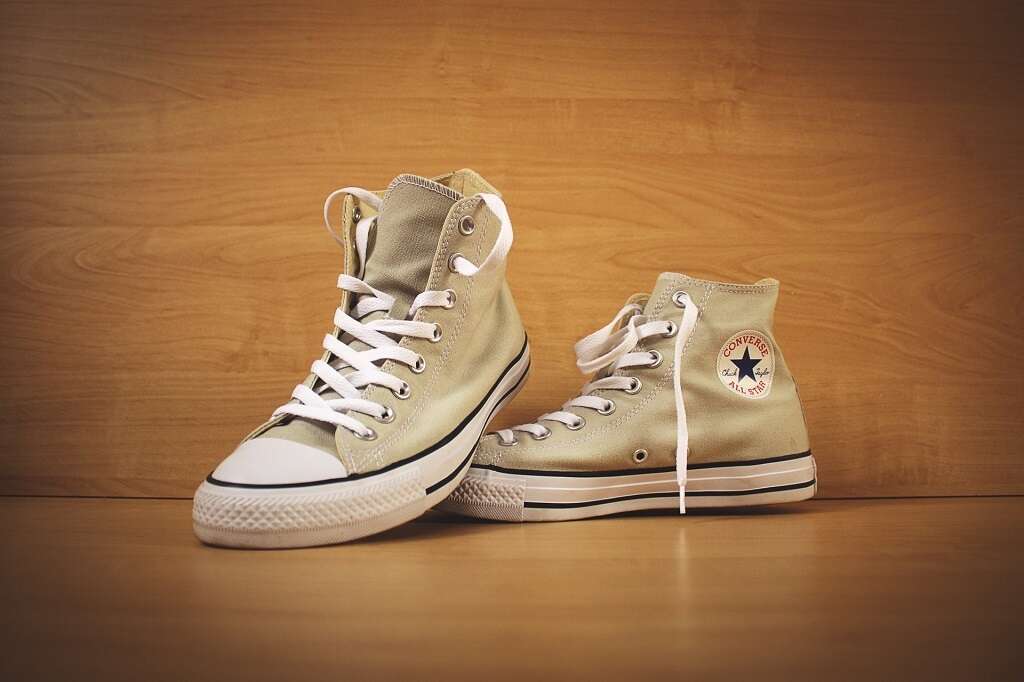
Redness or Burning Sensation
Two common symptoms of hammertoe are redness and a burning sensation. The discomfort is mainly caused by the raised portion of the toe rubbing against the inside of a shoe.
The irritated skin of the toe generally becomes red and swollen, and the burning sensation is the result of the inflammation. Medication, such as cortisone injections, and custom-made insoles, as well as soaking feet in cool water, can help ease the redness and burning sensation.
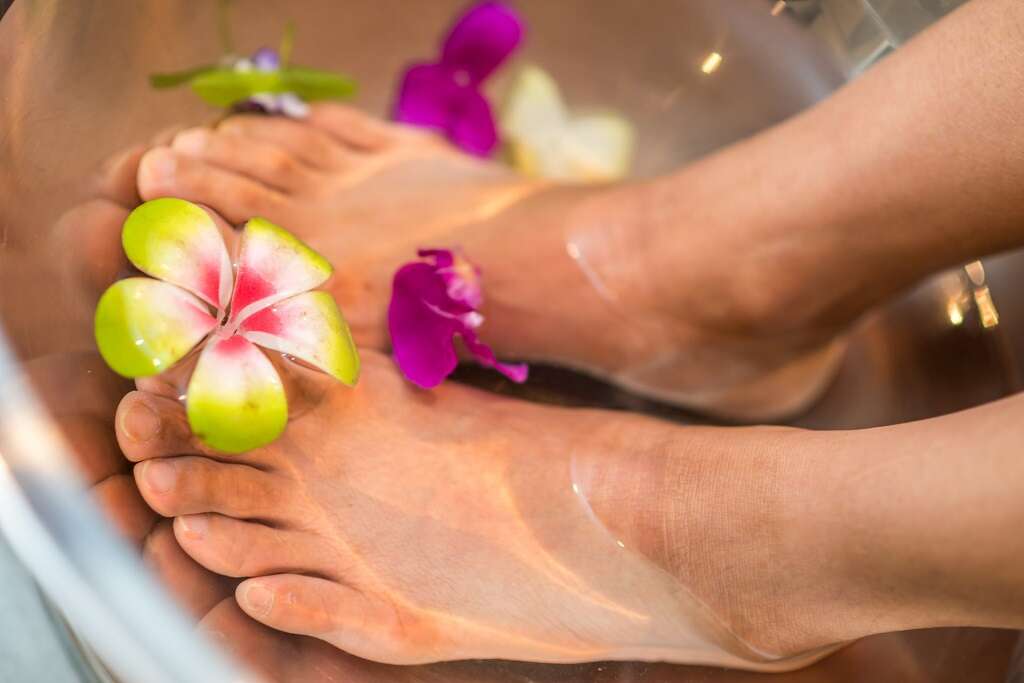
Restricted Toe Movement
Hammertoe can restrict the movement of the toe joint. The affected toe may have a limited range of motion or be unable to lie flat. In the early stages of the condition, gently stretching or repeatedly curling and extending the affected toe can help improve mobility and reposition the joint.
After some time, people with hammertoes may be unable to move their toes. If the movement of the toe is entirely restricted, surgery may be necessary to correct the condition.
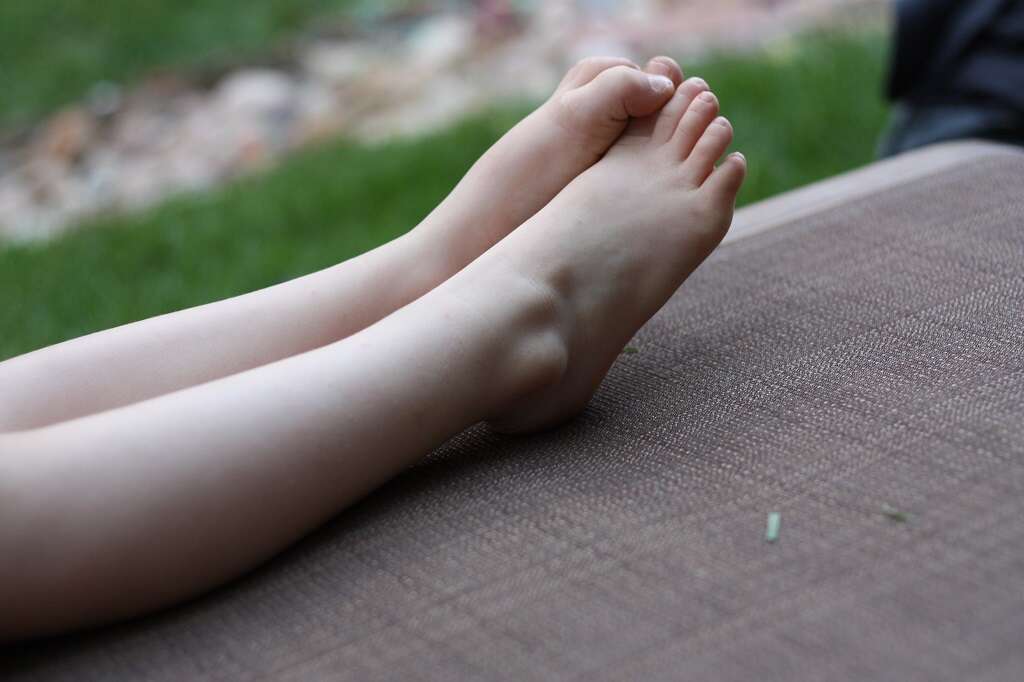
Open Sores
Although rare, in severe cases, open sores may also develop. Open sores that keep returning or won't heal are called ulcers. They may or may not be painful on their own, but shoes tend to aggravate the sores and cause irritation.
If the hammertoe has worsened to the point of open sores, surgery is likely necessary to correct the condition. A surgeon may move the tendons that are causing the toe to bend or correct the bone alignment.
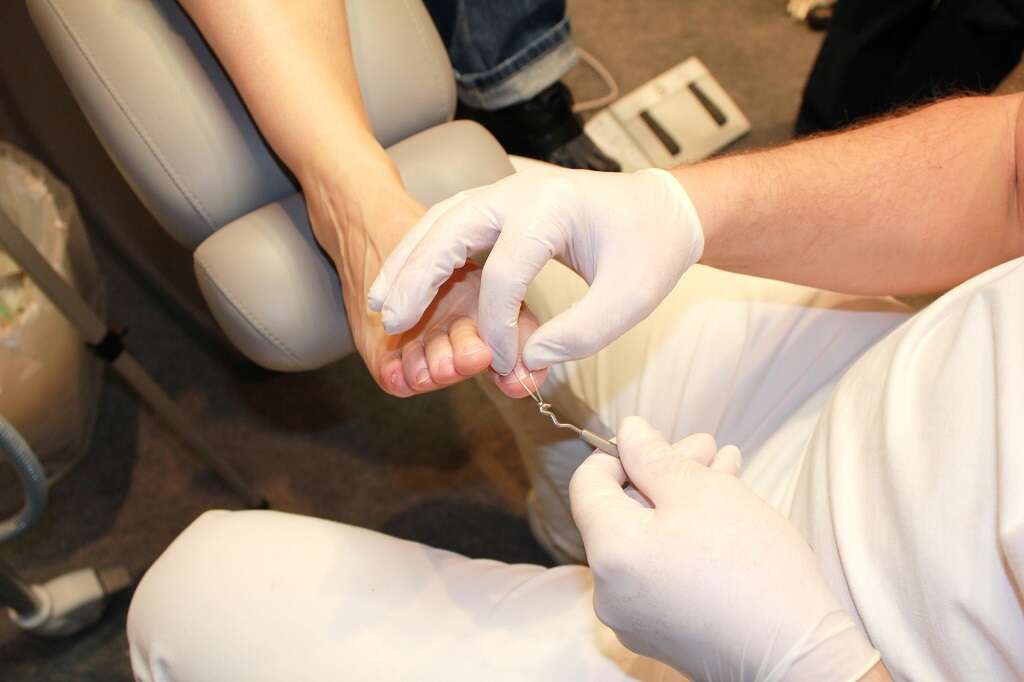
Difficulty Walking
People with hammertoes may have trouble walking. Corns and calluses can cause pain or irritation when walking as they rub against the inside of shoes. Walking can also be impaired by the restricted movement and rigidity of the toe joint. People with hammertoe may experience balance problems if the condition prevents all their toes from touching the ground.
Opting for wide shoes and footpads to avoid further irritation and relieve discomfort can make walking easier.

Swelling and Inflammation
Hammertoe frequently causes swelling or inflammation at the joint of the affected toe. Swelling occurs when fluid builds up and becomes trapped in the toe's tissue. The swelling may be tender or painless.
Over-the-counter anti-inflammatory drugs, such as ibuprofen, may help reduce swelling. Inflammation from hammertoe is also sometimes eased with corticosteroid injections. Although these treatments offer temporary relief, the conditions underlying cause should be addressed to prevent further progression of symptoms.3’Hammertoe.’ Foot Health Facts, www.foothealthfacts.org/conditions/hammertoe
